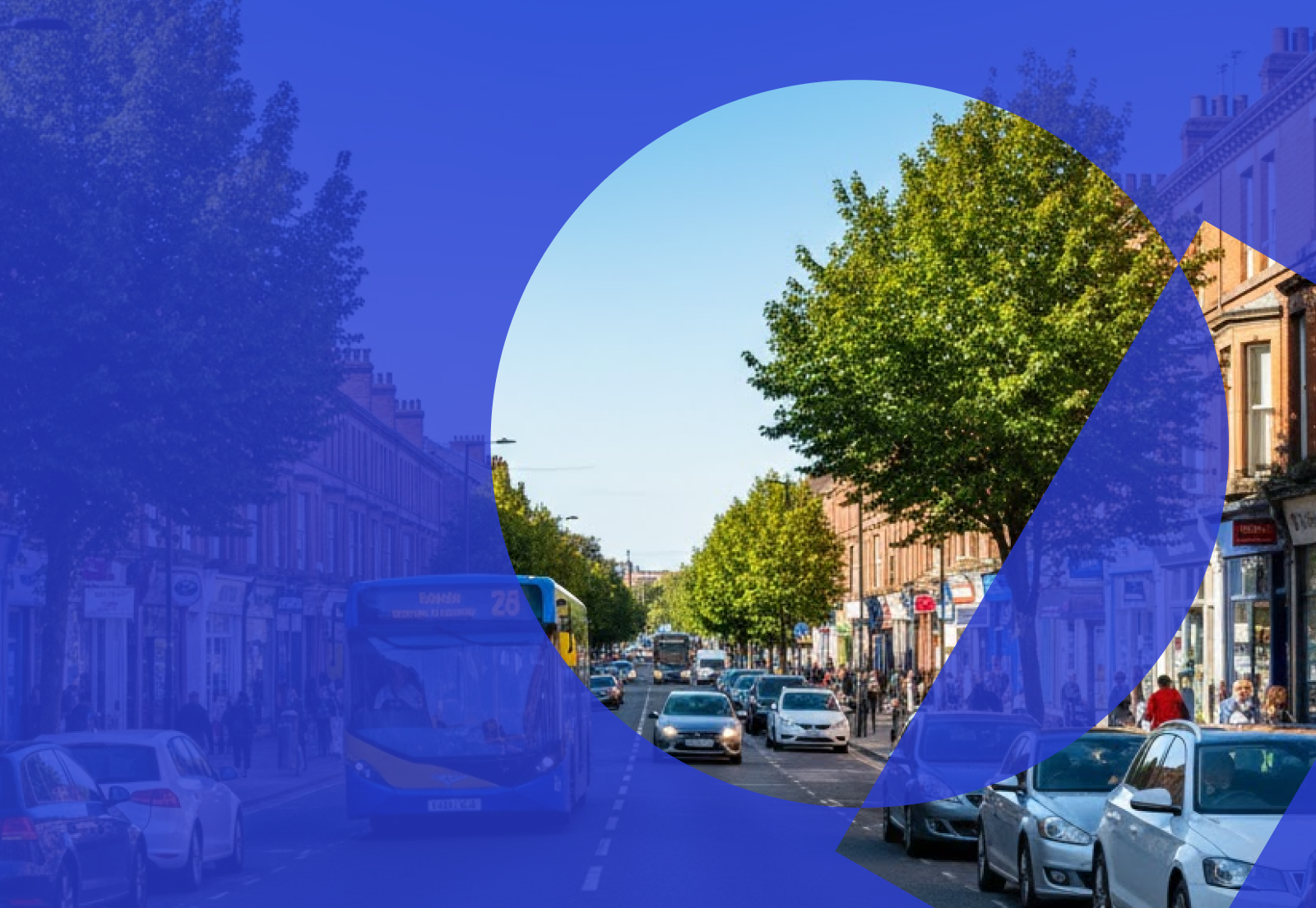We’re all reducing our plastic waste, recycling as much as possible, and generally being more conscious of the environment and our impact on it. It’s clear our habits are changing for the better but the one thing that has remained steadfast in our lives has been cars.
It’s no secret that a growing number of academics and policy makers believe we need to move away from our reliance on cars. In London in particular, rising congestion and emissions are bringing the issue of private car ownership to the forefront. According to the Centre for London (CfL), car owners leave their cars parked 95 percent of the time, and when they are driving they’re competing for space against app-based taxis and online shopping deliveries, further compounding congestion and emissions.
Many in London are greatly concerned about the environment and actively partaking in protest movements ranging from concerned parent groups through to Extinction Rebellion. CfL found that 83 percent of Londoners are very concerned about global climate change and 77 percent are concerned about their local air quality.
It’s not just the climate and air quality…
There is no doubt that petrol and diesel cars negatively contribute to climate change and poor air quality, but they also occupy a significant amount of space. In England, around 80 percent of households have at least one car. This figure is lower in London with around 55 percent of households owning a car.

With car ownership much lower in the capital you would think that there would be a lot more kerbspace for residents to use for other purposes. In fact, through AppyWay kerbside data we know that there are over one million controlled resident and visitor parking spaces in London taking up a whopping 5,000 kilometres of kerbside space. That’s more kilometres in kerbspace than the distance between the UK and the US of A.
So in a city so concerned about the environment and the impact of cars, why have we designated so much space to cars?
Reclaiming the kerb…
There are a number of ways policy makers can encourage a reduction in private car ownership and free up kerbside space, improved public transport initiatives being one of them. But what if we looked at the policies allowing cars to occupy so much space? What if changes were made to parking policy? Changes based on research and data?
In Centre for London’s latest report, Reclaim the Kerb: Future of parking and kerbside management in London, CfL explore London’s parking landscape and make a case for London councils to proactively make changes to policy to free up the city’s kerbside for a greener, more liveable London.
At AppyWay we are not pro car, we’re pro kerb and we’re proud to have provided our kerbside data and worked with the consortium over 6 months to inform the Centre for London report and its call to actions. The car represents access for many urban dwellers and while we support the need to remove dependency on cars, it has to be recognised that many London authorities have people who commute out of town to under-served areas where active transport can’t help. That’s why, across the capital, working with existing modes of transport can bring quick benefits to congestion and emissions and help prepare authorities and residents for a reduced car dependency future.
If you’re looking to turn kerbside data into positive parking policy for your borough then reach out to our friendly City Partnerships team.
Header image: Parklet in Philadelphia by ShiftSpace.





